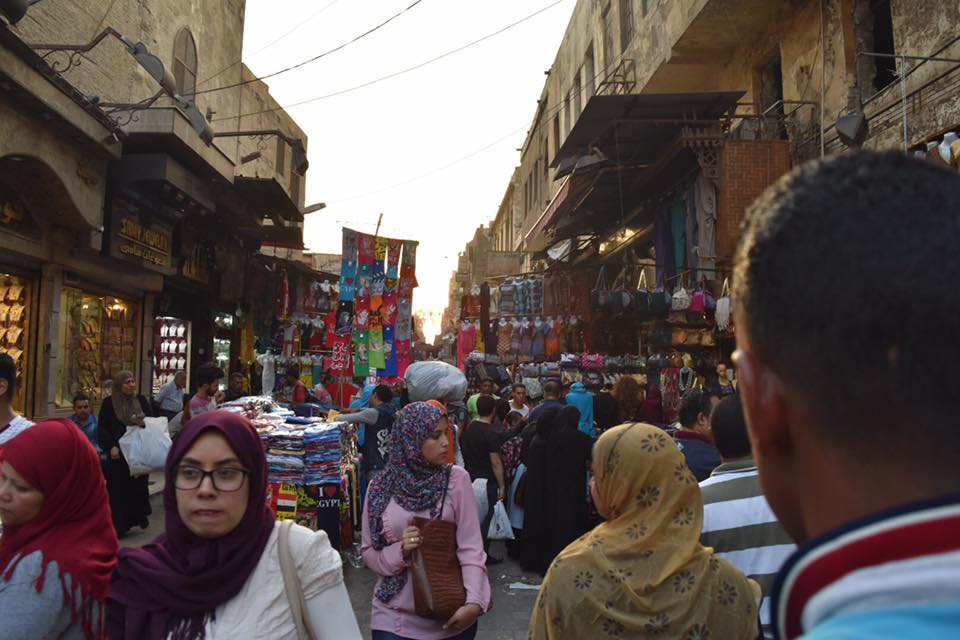
20 Major Social Justice Issues We Must Address
Social justice is about ensuring equal rights, opportunities, and treatment for all individuals, regardless of their background. However, systemic inequalities persist worldwide, affecting millions of people. From economic disparities to human rights violations, social justice issues shape our societies and demand urgent action.
This article highlights 20 major social justice issues that need attention, from the gender pay gap and racial discrimination to climate change and digital privacy.
1. Income Inequality
The gap between the rich and the poor continues to widen, with wealth concentrated in the hands of a few. This disparity affects access to education, healthcare, and job opportunities, perpetuating cycles of poverty.
2. Gender Pay Gap
Women, especially women of colour, continue to earn less than men for the same work. Pay disparities reinforce economic inequality and hinder financial independence.
3. Racial Discrimination
Racism remains a persistent issue, affecting employment, education, housing, and law enforcement. Systemic racism fuels inequality, limiting opportunities for marginalized communities.
4. Climate Change and Environmental Justice
Climate change disproportionately impacts low-income communities and developing nations, causing food shortages, natural disasters, and displacement. Fighting climate change is not just about the environment-it’s also a matter of human rights.
5. Food Insecurity
Millions of people lack access to affordable, nutritious food, leading to hunger and malnutrition. Food insecurity is linked to poverty, agricultural policies, and climate change.
6. The Refugee Crisis
Wars, persecution, and climate disasters force millions of people to flee their homes. Refugees often face discrimination, lack of legal protection, and limited access to resources in their host countries.
7. Affordable and Universal Healthcare
Many people cannot afford basic healthcare, leading to preventable deaths and worsening health disparities. Access to medical care should be a right, not a privilege.
8. Reproductive Rights
The fight for reproductive rights includes access to contraception, abortion services, and maternal healthcare. Policies restricting these rights disproportionately harm women and LGBTQ+ individuals.
9. Gender-Based Violence
Women, non-binary individuals, and LGBTQ+ people face high rates of violence, including domestic abuse, sexual assault, and human trafficking. Legal protections and social awareness campaigns are essential in addressing this issue.
10. Trans Rights and LGBTQ+ Equality
Transgender and non-binary people face discrimination in healthcare, employment, housing, and legal recognition. Protecting LGBTQ+ rights is essential for building an inclusive society.
11. Disability Rights and Accessibility
People with disabilities often encounter barriers in employment, transportation, education, and healthcare. Accessibility laws and inclusive policies are necessary to ensure equal opportunities.
12. Political Extremism and Hate Groups
The rise of political extremism fuels division, violence, and the erosion of democratic values. Addressing misinformation and promoting education can help counter extremism.
13. Indigenous Rights and Land Justice
Indigenous communities continue to fight for land rights, environmental protection, and cultural preservation. Many face forced displacement and violence due to government policies and corporate interests.
14. Labor Rights and Fair Wages
Many workers face exploitation, unsafe conditions, and low wages, particularly in developing countries. Fair labor laws and corporate accountability are crucial for protecting workers.
15. Mass Incarceration and Criminal Justice Reform
The prison system disproportionately impacts marginalized communities, with harsh sentencing laws and racial profiling contributing to mass incarceration. Criminal justice reform is necessary to address systemic bias.
16. Education Inequality
Access to quality education is often determined by socioeconomic status. Underfunded schools, racial disparities, and high tuition costs prevent many from reaching their full potential.
17. Cybersecurity and Digital Privacy
As technology advances, issues of data privacy, surveillance, and cybercrime become more significant. Protecting digital rights is essential for personal security and freedom of expression.
18. Mental Health Awareness and Support
Mental health care remains underfunded and stigmatized, preventing many from seeking help. Expanding access to mental health resources can improve well-being and reduce suicide rates.
19. Housing Crisis and Homelessness
Rising housing costs and lack of affordable housing contribute to homelessness. Addressing the housing crisis requires policy changes and investment in public housing initiatives.
20. Freedom of the Press and Misinformation
Misinformation spreads rapidly online, influencing public opinion and political decisions. Protecting press freedom and promoting media literacy are essential for a well-informed society.
Looking for more human rights resources? Explore The Global Humanitarian.
- The Difference Between Humanitarian Aid and Development Aid
- Best NGOs for Entry Level Jobs
- United Nations Volunteers Program
- How to Find Humanitarian Aid Jobs in 2025
- How to Get a Job at an International NGO
Comment, subscribe, and follow me on Instagram @the.global.humanitarian
Please note: the views and opinions expressed on this blog are that of my own and do not represent the opinions of any agency mentioned.